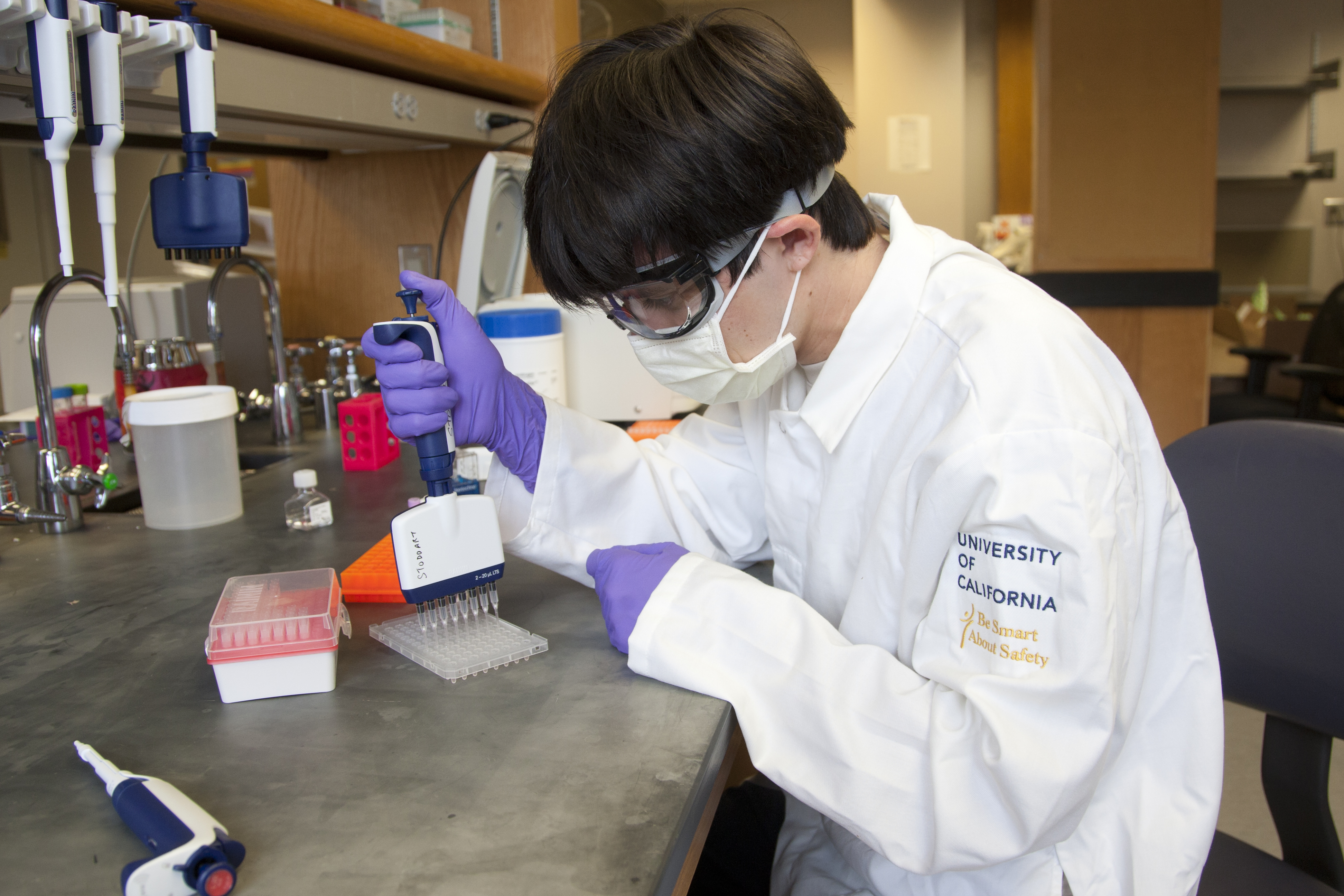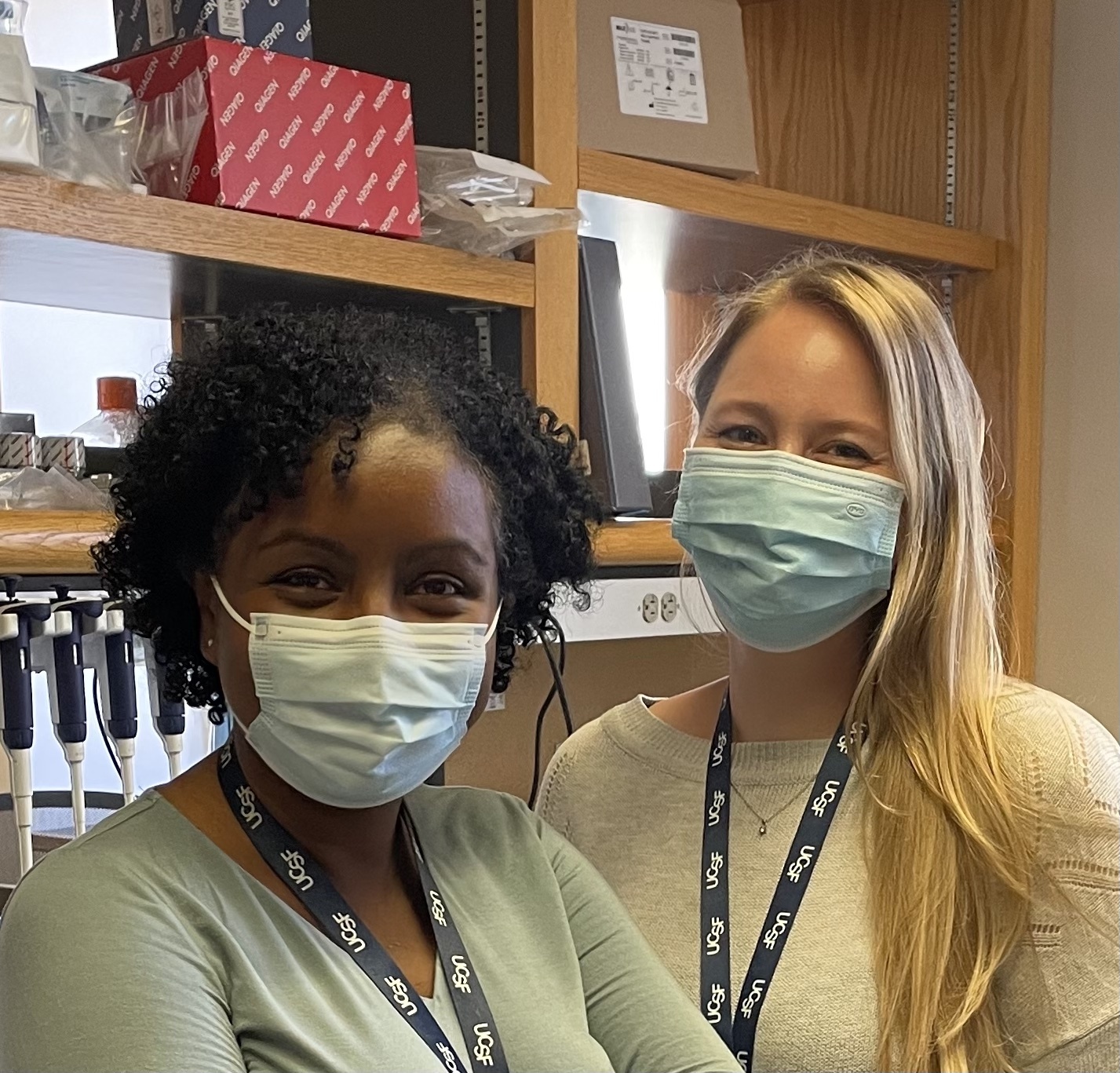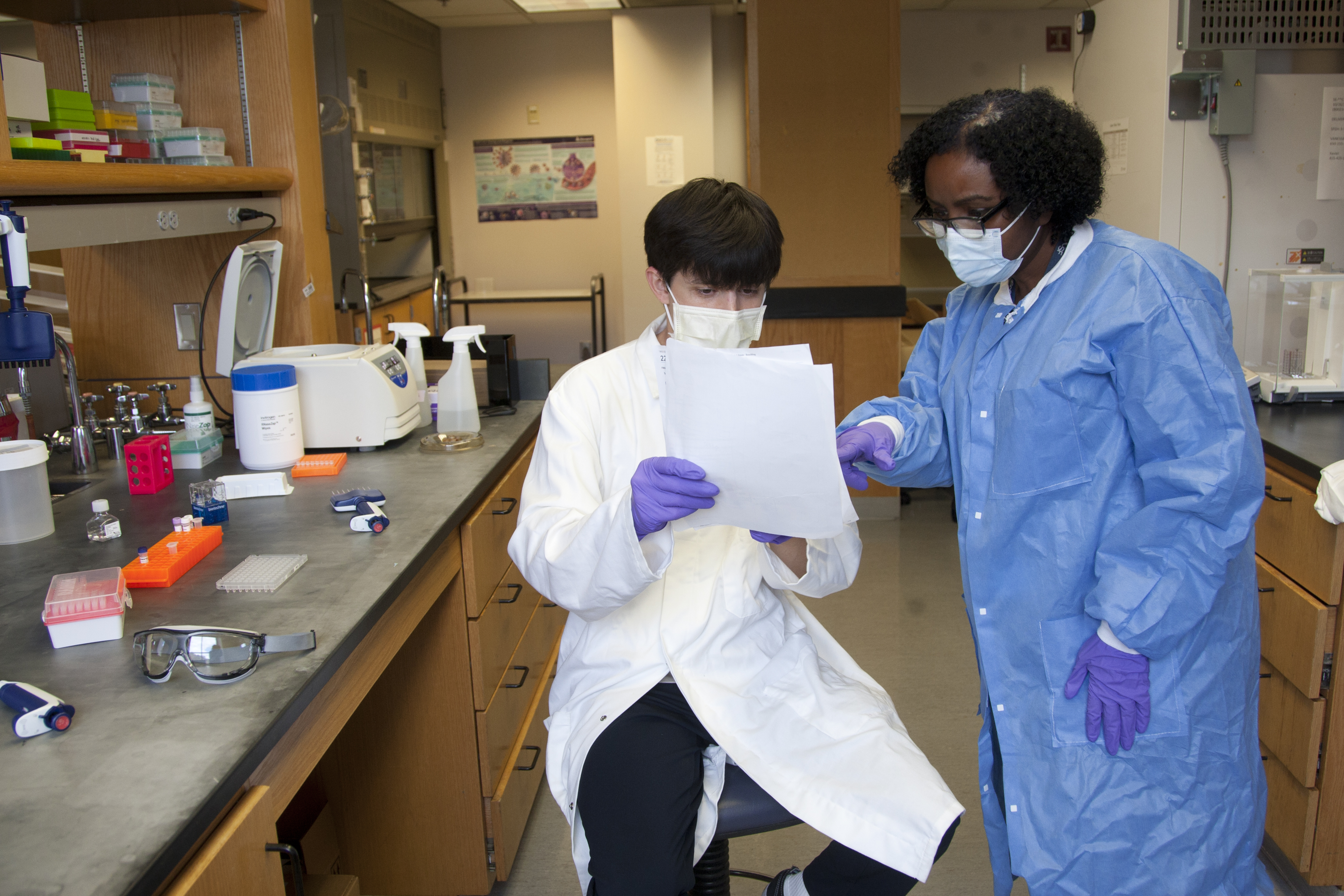Suliman Lab
The Suliman lab is focused on identifying biological mechanisms underlying risk of progression to active tuberculosis (TB) disease, including host genetic, immune and metabolic pathways.



Tuberculosis (TB) disease, caused by infection with the intracellular pathogen Mycobacterium tuberculosis (Mtb) remains a leading cause of mortality globally. Interestingly, only 5-10% of Mtb-exposed individuals are estimated to develop active TB in their lifetime, thus posing host-specific factors as mediators of risk of progression to disease. These host factors include several defects in innate and adaptive immunity, metabolic dysregulation, co-infections and comorbidities, and genetic polymorphisms that could mediate susceptibility to TB disease. The focus of the Suliman laboratory is to generate hypotheses from systems biology approaches, such as genome-wide association studies, transcriptional and metabolomic profiling, and expression quantitative trait loci, to identify candidate TB risk pathways and functionally evaluate their roles in TB progression. The Suliman lab will build on the foundation of previous human cohort studies to pursue the following directions:
From systems biology to innate correlates of TB progression
The lab will follow up on candidate pathways identified through systems biology experiments performed on samples from human cohorts of TB progressor and healthy Mtb-exposed counterparts in Sub-Saharan Africa and South America. These genetic and transcriptional profiling studies point to candidate TB risk pathways including sodium/potassium ATPases and tyrosine metabolism genes in innate immune populations. The lab will functionally dissect the roles of these genes using pharmacological inhibitors and CRISPR/Cas9 gene editing of primary human myeloid cells and Mtb infection experiments, followed by analysis of immunological and metabolic profiles, in order to define their roles in TB disease.
Point-of-care biomarkers to identify Mtb-exposed individuals at high risk of developing TB disease
Following previous studies on TB biomarkers and COVID-19 diagnostics, the lab will leverage international collaborations and systems biology approaches to discover and validate easy-to-use biomarkers to identify individuals at high risk of progression to TB. The studies will down-select biomarkers with high accuracy for translation into point-of-care and near-patient prognostic biomarkers in diverse populations for active case finding, including those with other co-infections.
T cell immunity to SARS-CoV-2 and Mtb
The Severe Acute Respiratory Syndrome of Coronavirus-2 (SARS-CoV-2) and Mtb are the two leading causes of mortality from infectious diseases globally. Failure to contain SARS-CoV-2 can be a result of the evolution of escape mutations that evade T cell responses. Similarly, in TB, the activation states and memory phenotypes of T cells can determine the quality of adaptive immunity against Mtb. Therefore, the quality and breadth of T cell responses are critical determinants of protection against both pathogens. It is unclear how the co-infections with Mtb and SARS-CoV-2 influence the inflammatory milieu and antigen-specific T cell responses that correlate with protection from progression to TB disease or severe COVID-19. The Suliman lab is to study antigen-specific T cell immunity to SARS-CoV-2 and Mtb in the context of co-infection with the two pathogens, evolving SARS-CoV-2 variants, and COVID-19 vaccine rollout.
For more information about previous and recent studies, please visit: https://scholar.google.com/citations?hl=en&user=QyYtUOcAAAAJ&view_op=list_works&sortby=pubdate
